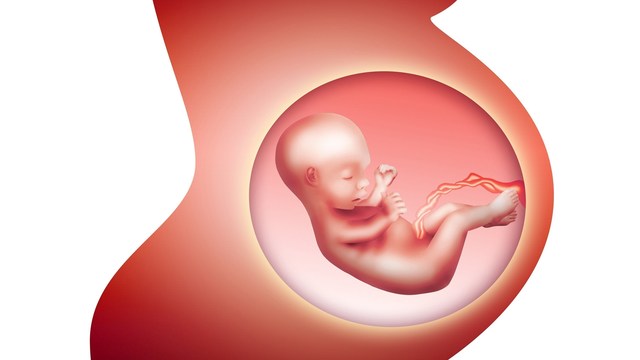(Great Neck, N.Y. - May 07, 2009) — Distinguished investigator David Valle, M.D., of the Johns Hopkins University School of Medicine, has been studying the genetic make-up of a well-characterized population of Ashkenazi Jews for genetic differences that may highlight particular genes involved in schizophrenia.
As reported in the April 2009 issue of the journal Primary Psychiatry, Dr. Valle and his colleagues compared the genetic composition of 458 patients with schizophrenia (including 285 parent-child trios) with 487 healthy controls. In addition, they identified 73 different symptoms of schizophrenia and separated them into nine heritable quantitative traits: delusion, prodromal, negative, affective, scholastic, adolescent sociability, disorganization, disability and hallucination.
Focusing on a chromosomal region previously implicated in schizophrenia, the researchers analyzed 1,414 genetic variations called single nucleotide polymorphisms (SNPs) to determine if any were more common among patients with schizophrenia than among the healthy controls. Although they found none related to the complete spectrum of schizophrenia symptoms, they did find three SNPs strongly associated with the delusion trait.
Each of the three SNPs was located at NRG3, which is related to NRG1, a gene previously identified as possibly contributing to schizophrenia. They also identified 20 additional SNPs that may play a role in schizophrenia development, 13 of which were located at or near NRG3. The researchers concluded that these findings, along with prior linkage studies, strongly support NRG3 as a gene involved in the development of schizophrenia.
www.narsad.org





Add a CommentComments
There are no comments yet. Be the first one and get the conversation started!